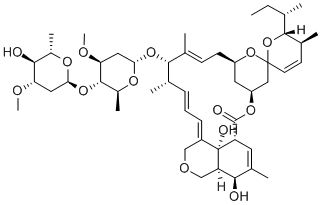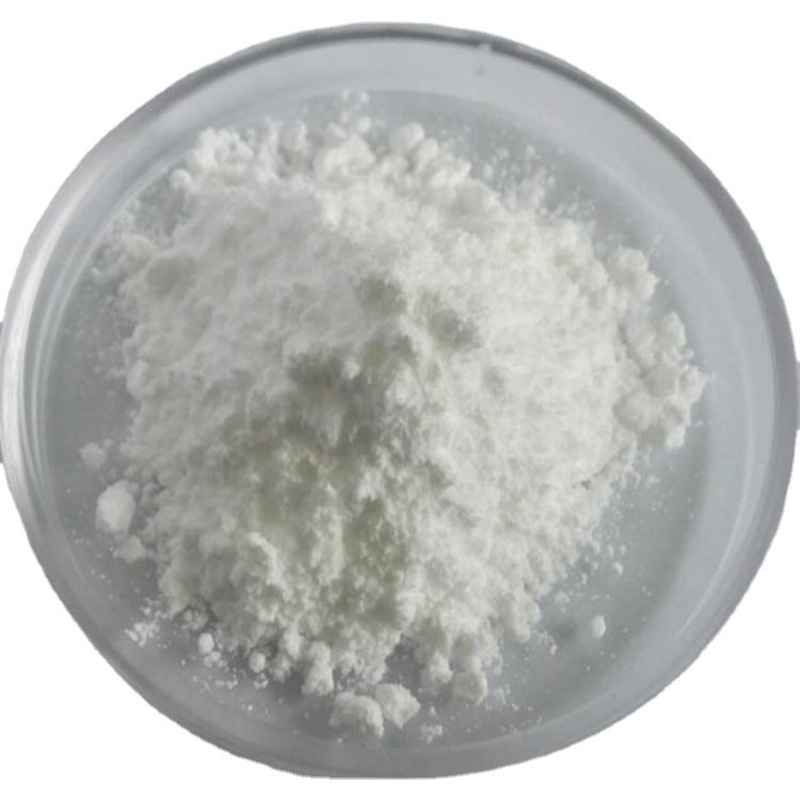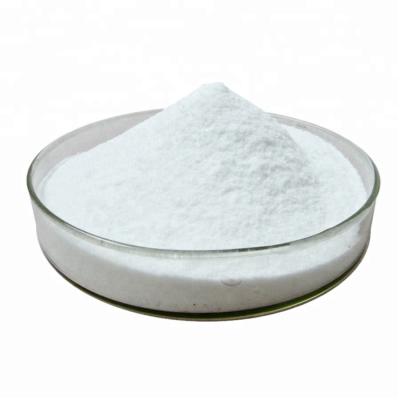The Avermectin Fermentation Antibiotics Insecticide
Common name: Avermectin
Chemical name:
abamectin (combination of avermectin B1a and avermectin B1b)
Molecular formula: C49H74O14
It is easy to prepare and can be used by pouring the preparation into water and stirring a little. It is also safer for crops.
Product description:it can kill mites and bugs, but now not eggs. the mechanism of movement is different from the overall insecticide is to intrude with neurophysiological sports, stimulate the discharge of γ -aminobutyric acid, and aminobutyric acid on arthropod nerve conduction inhibition. person mites, nymphs and insect larvae display paralysis after touch with avermectin, do not circulate or feed, and die in 2 ~ 4 days. the lethal effect of abamectin is slow as it does not cause speedy dehydration of insects. although abamectin can at once kill predatory bugs and parasitic natural enemies, it has little harm to useful insects because of the small amount of residue on plant floor. abamectin is adsorbed with the aid of soil inside the soil and will now not circulate, and is decomposed by means of microorganisms, so it has no cumulative impact within the environment and can be used as an integral part of complete manage. it is easy to prepare and can be used by pouring the instruction into water and stirring a little. it is also more secure for crops.
Usage:
To nematodes, insects and mites were killed, for the treatment of livestock and poultry nematodes, mites, and parasitic insects disease use for, apple, citrus, vegetables, cotton, tobacco, soybeans, tea and other pests of crops has good control effect and delay the drug resistance purpose for on a variety of vegetables, fruit trees, cotton insect pests and prevention and control of spider mites.
Common name: Avermectin
Chemical name:
abamectin (combination of avermectin B1a and avermectin B1b)
Molecular formula: C49H74O14
Structural formula:

Molecular weight: 887.11
CAS No. : 71751-41-2

Physical and chemical properties:
The appearance is light yellow to white crystalline powder, tasteless. M.p. 155-157 ℃, vapor pressure 2×10-7Pa, relative density 1.16(21℃). Solubility at 21℃ : toluene 350g/L, acetone 100g/L, isopropyl alcohol 70g/L, chloroform 25g/L, ethanol 20g/L, methanol 19.5g/L, cyclohexane 6g/L, kerosene 0.5g/L, water 10μg/L. Distribution coefficient 9.9×103. It is stable under normal conditions and does not hydrolyze at pH 5 ~ 9.
Submitted successfully
We will contact you as soon as possible




